From May 8 – 12, 2023, my social media feeds served as testaments to the positive and profound impact teachers have on their community and society. I scrolled through post after post of appreciation for the work teachers do in the classroom and their communities. From students and former students. From parents. From one another. And from their unions.
While most people expressed gratitude for contributions made by the practitioners of the noble profession, teachers and their unions remain squarely in the political cross-hairs of conservative governors, state legislatures, and school boards across the country. And, indeed, educational posts and “calls to action” on my Facebook and LinkedIn feeds reflected that harsh truth as well. For a most pointed example of anti-teacher conservative wrath, consider Florida, where Governor Ron DeSantis’ recently signed the anti-public-employee-union Senate Bill 235 into law during Teacher Appreciation Week.
With his signature, Governor DeSantis capped off more than a decade-long effort by state conservatives and national partners to deal what he hopes is a crippling blow to union finances through the elimination of dues deduction, denying public school teachers and their unionized colleagues in the public sector the right to have their dues automatically withdrawn from their paychecks. In effect, making it more onerous for an educator to support and fund their union, which they voluntarily joined. Additionally, SB 235 will require public employee unions to maintain a 60% membership rate or lose their certification. Unfortunately, there’s more: Florida will impose new, costly audit requirements that may devastate smaller local unions.
So, why are educators in Florida and across the country heralded as individuals yet derided and attacked as a collective by conservatives? It comes down to power – public school educators’ unions and other unionized public employees have some and most often wield it to push a decidedly NOT-RON-DESANTIS agenda. That’s not true of all public employee unions, however. Florida’s SB 235 articulates that point and suggests motive rather well through which unions it carves out. Unions of police officers, firefighters, correctional and probation officers are exempt from its provisions. These unions steadfastly support conservative politicians for public office.
Despite Ron DeSantis’ dogged efforts, inclusive of SB 235, I am certain that the sun is not yet set on public sector and education unionism in the state of Florida. Nor is it across the rest of the country despite targeted, grand-scale, and continuous political assaults like Wisconsin’s Act 10 and Michigan’s passage of Right To Work laws (repealed!). If the past has any bearing on your future expectations, count on teachers and their unions to forge forward, organizing and mobilizing in increasingly visible and impactful ways.
Teaching by Example
My partner and I have written before about the intriguing and inspirational possibilities at the intersection of power campaigns, collective bargaining, and moving the dial on a larger progressive agenda. Teacher Appreciation Week spurred my thinking about education unions and how they consistently mobilize large masses of everyday working people, leverage power, and win substantive change. Teachers and their unions can take credit for many of the brightest examples of well-organized, wide-scale resistance to the conservative and neoliberal agendas, particularly over the past 15 years or so.
They have shown us time and again that they are visible, powerful, and persistent stalwarts of the progressive movement despite often bearing the brunt of the conservative political machine’s ire. Big, impactful, and successful public demonstrations indicate organizational strength and clarity of purpose. Educators’ landmark strikes of recent years in Chicago (2012), West Virginia (2018), and Los Angeles (2019) set new standards for organizing and mobilizing at scale in the modern public square – a blend of physical and digital spaces. Encouragingly, they are turning a corner in their approach to campaigning, too, focusing on building community and power behind a decidedly different vision from the status quo.

Educators, and I’m going to lump in higher education professionals here as well, continue to use strikes, collective bargaining, and direct action to advance an agenda designed to improve social and economic conditions within the communities they work. Just recently, members of the Oakland Education Association concluded an 8-day strike after winning significant commitments from Oakland Unified School District to resource more supports for ~1,500 students experiencing homelessness.
While new organizing in the private sector across the country continues to gain momentum, capture headlines, and social media real estate, education workers in their unions continue to march forward – and not just with strikes. Less flashy, perhaps, but no less crucial are the year-in-year-out battles with state legislatures, especially in red states. Turning out in droves on “lobby days” around the country to press for real improvements. Sending hundreds of thousands of handwritten postcards to registered voters in their own states to advance causes that protect working families. The tactics may vary, but the theme remains the same. Collectively, we must glean as many lessons as possible from the success of teachers’ unions across the country now that we find ourselves in an organizing wave and a major transition in our economy.
How We Work With Education Unions
TCW Strategies has enthusiastically partnered with education worker unions since our inception in 2021. We empower unions with our end-to-end services to clear common “data silo” hurdles, leverage data, and build power. Together with their TCW Strategies Client Success team, our clients use data to identify the best opportunities to grow and mobilize.
Schedule a call with TCW Strategies or visit our website to learn how we apply data analytics, technology, and organizing expertise to build grassroots power.



